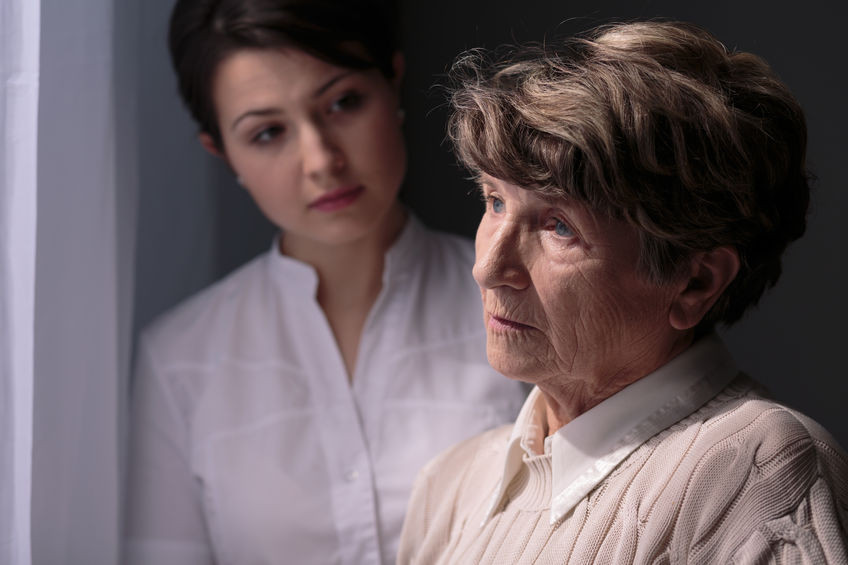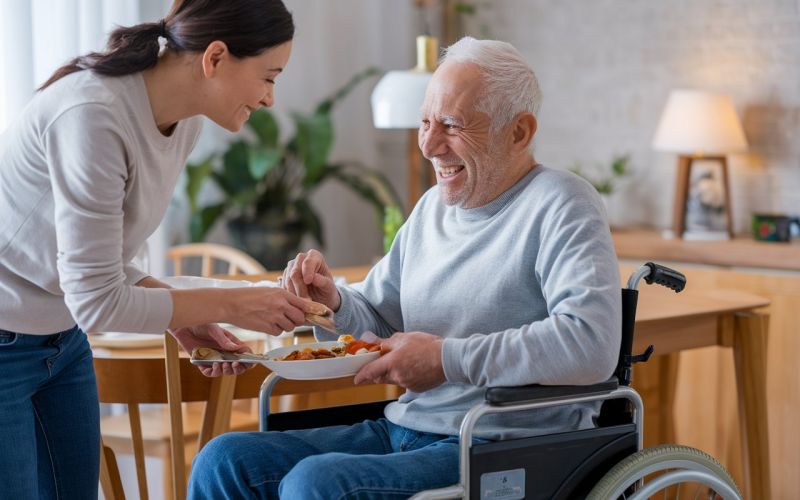When Depressed Patient Refuse to Eat and Bath
The iSavta Team | 13.11.2019

Depression can absorb much physical and emotional energy to the person suffering from it. Some of the hidden struggles of people who are depressed may include overfatigue, not wanting to leave the house, the feeling of not being well rested, and not cleaning the home for months. Many patients that experience depression often neglect taking care of themselves by not eating, drinking, and taking a shower.
Personal hygiene is important but when depression strikes, even washing the face, shaving, and brushing the teeth are tasks a patient would not bother doing. People who are feeling down think that simple tasks related to self-care are activities that could drain their energy more. So, those suffering from depression could go for weeks without showering or taking a bath.
As a caregiver, it is your task to keep the patient have a good hygiene. But it is difficult if the patient refuses to cooperate. These patients are at a point where they feel worthless. Let these patients feel important. First, earn your patient’s trust. Listen to them when they talk about their life’s frustrations and stories. Show them that you care even more by giving empathy and compassion. In return, there is a big chance that they would listen to you as well and let you assist in giving them a bath.
Depressed patients also refuse to eat and drink, which is a leading cause of malnutrition for older adults in both institutional and community setup. As a result of aging, many older adults have a decreased sense of taste and smell which could lead to a loss of appetite. When older adults don’t have the appetite to intake food, they begin to shrink in size because of lack of nutrition. The natural refusal of old people to eat and drink may even be increased if they are depressed.
It is vital that caregivers and the healthcare team of the patient quickly address their refusal to eat and drink because older adult patients that fail to consume the right amount of food and liquids are prone to developing chronic dehydration.
The provision of food and fluids by hand should be continued as long as possible. To encourage patients to eat, caregivers should try to enhance the appearance and taste of the food. They should also accompany them during mealtime and make sure that the patient is positioned well and swallowing properly. They should also keep the patient motivated by giving them praises when they have accomplished simple tasks such as eating.
Caregivers should be able to identify what the patient can do by themselves no matter how small it is and commend them. Surely, any approval or praise will boost the patient’s ego and help them see their self-worth in battling against depression.












